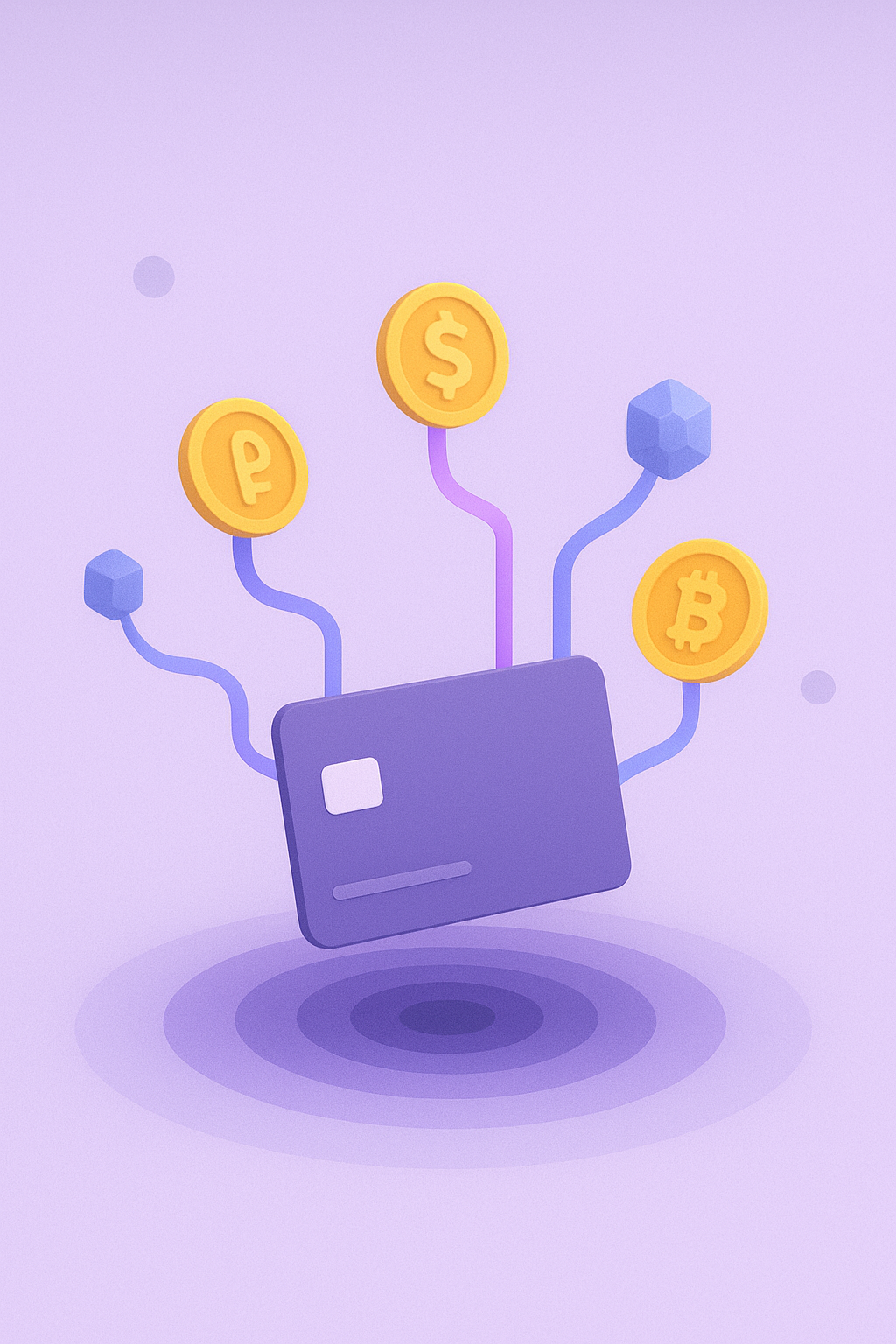A quiet but decisive revolution is underway in the crypto-asset world: according to a recent study, more than 60% of active crypto users now delegate their portfolio management to artificial intelligence (AI) agents. This technological paradigm shift is redefining investors' relationship with digital markets.
Artificial intelligence is becoming central to investment strategies
- Growing adoption: The survey shows that crypto investors, attracted by automation and potential performance gains, are increasingly relying on specialized AI to execute trading strategies, rebalance portfolios, or arbitrage between different tokens.
- Ever more powerful tools: These AI agents, fed by real-time market data and machine learning algorithms, are capable of identifying weak signals, adapting to volatility, and sometimes even anticipating trends that humans cannot see.
A cultural shift in digital asset management
- Is manual investing coming to an end? The rise of AI is challenging the traditional model of the individual trader. Increasingly, human decisions are giving way to recommendations or executions driven by intelligent systems.
- A paradoxical trust: While crypto has always valued autonomy and decentralization, a majority of users seem ready to delegate their decision-making power to a centralized technology deemed more efficient.
Promising automation, but a double-edged sword
What this implies:
- AI is becoming an essential interface between the user and the market, capable of optimizing performance in a world where speed of execution is key.
- Newcomers can enter the markets more easily thanks to these agents, who offer them turnkey management of their digital assets.
Persistent risks:
- Increased dependence on opaque technologies, whose decisions are sometimes difficult to audit or understand.
- The risk of biases embedded in AI models, which could reproduce erroneous patterns on a large scale.
Conclusion
The growing dominance of AI in crypto portfolio management marks a new stage in the evolution of digital markets. This phenomenon, at the intersection of decentralized finance and intelligent automation, promises efficiency and accessibility. But it also raises a fundamental question: by entrusting the keys to their assets to machines, aren't crypto investors sacrificing one of the founding principles of blockchain: individual autonomy?








